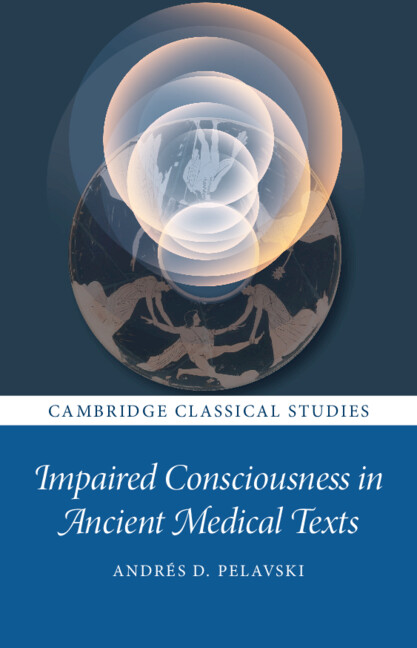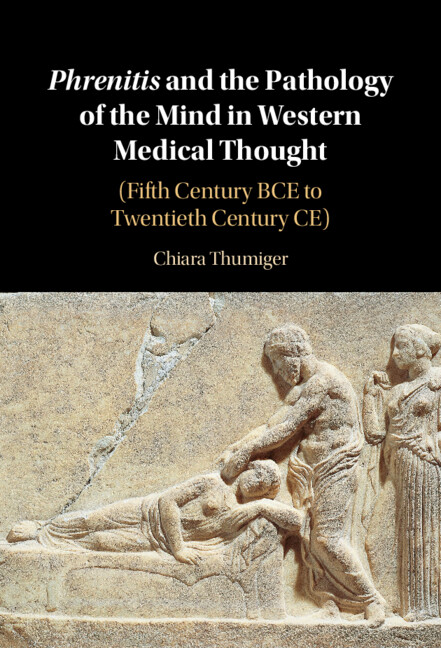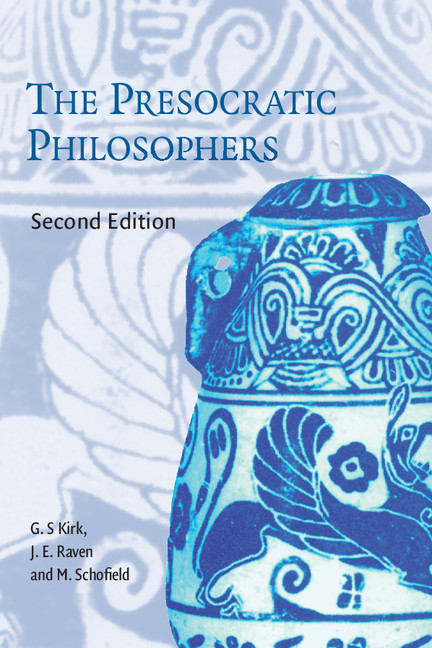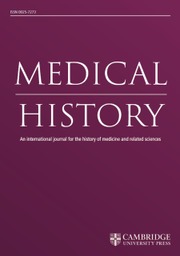Impaired Consciousness in Ancient Medical Texts
Impaired consciousness is a topic lying at the intersection of science and philosophy. It encourages reflection on questions concerning human nature, the body, the soul, the mind and their relation, as well as the blurry limits between health, disease, life and death. This is the first study of impaired consciousness in the works of some highly influential Greek and Roman medical writers who lived in periods ranging from Classical Greece to the Roman Empire in the second century CE. Andrés Pelavski employs the notion and contrasts ancient and contemporary theoretical frameworks in order to challenge some established ideas about mental illness in antiquity. All the ancient texts are translated and the theoretical concepts clearly explained. This title is also available as open access on Cambridge Core.
- Explores a concept which has previously received little attention in scholarship
- Introduces a multi-disciplinary approach by establishing a dialogue between ancient and contemporary medical concepts
- Offers a medically informed perspective on ancient non-medical debates, particularly concerning ancient ideas about life and death, health and disease, the mind, the soul and the body
Product details
November 2025Paperback
9781009616607
250 pages
216 × 140 mm
Not yet published - available from November 2025
Table of Contents
- Preface
- 1. Introduction: many definitions of consciousness
- Part I. Delirium:
- 2. Definitions of relirium/wakeful impaired consciousness versus madness, and the concept of 'disease'
- 3. Delirium versus madness and the notion of disease in the Hippocratic corpus
- 4. Delirium, madness, and disease among post-Hellenistic authors
- 5. Galen's delirium: hot and dry duscrasia of the hêgemonikon
- 6. Final remarks about delirium and the notion of disease: a diachronic look
- Part II. Sleep:
- 7. A general glance at sleep
- 8. Sleep in the Hippocratic corpus
- 9. Sleep in post-Hellenistic sources
- 10. Sleep in Galen
- 11. Sleep and the mind: an overview of ideas that did not change
- Part III. Fainting:
- 12. General overview of total loss of consciousness
- 13. The Hippocratic corpus and total loss of consciousness
- 14. Total loss of consciousness in post-Hellenistic authors
- 15. Galen's two ways of losing consciousness
- 16. Concluding reflections on the implication of the soul in total loss of consciousness
- Conclusions
- Transversal axis: what has the analysis of consciousness revealed about the sources?
- Longitudinal thematic axis: advantages of exploring impaired consciousness
- Bibliography
- Primary sources, secondary sources.






